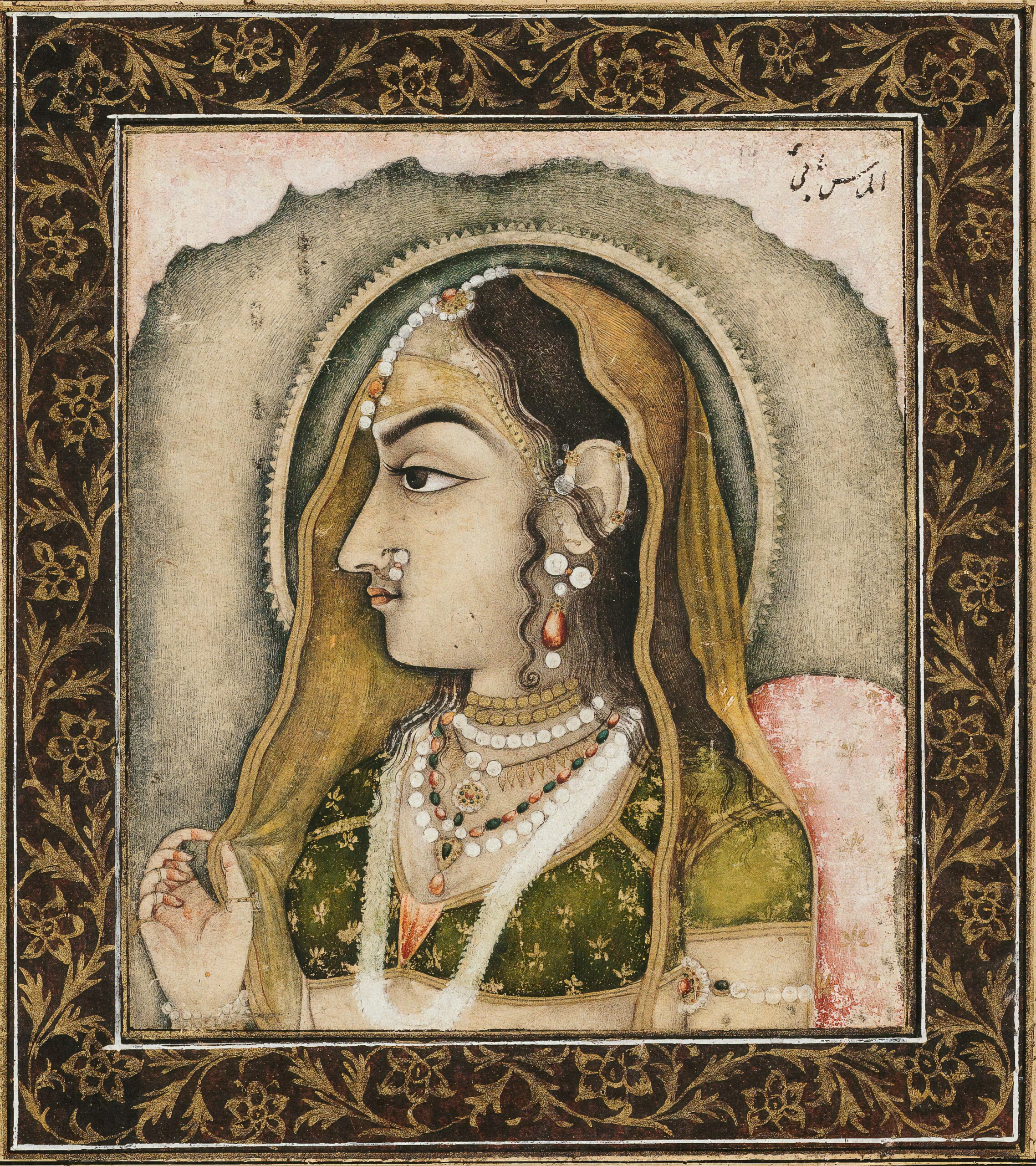Baseball History: America’s Pastime Through the Ages
Baseball, known as America’s pastime, has woven itself into the cultural fabric of the United States and beyond. This beloved sport has a rich history filled with iconic moments, legendary players, and a deep-seated connection to the American identity. Let’s take a journey through the evolution of baseball, exploring its origins, pivotal moments, and enduring legacy.
Origins and Early Days
Baseball’s roots can be traced back to 18th-century England, where games resembling modern baseball were played. However, it was in the United States that baseball truly took hold and evolved into its current form. The game gained popularity in the mid-19th century, spreading rapidly across the country.
- Development of Rules: The first formalized rules of baseball were written in 1845 by Alexander Cartwright, often referred to as the father of modern baseball. These rules established the diamond-shaped infield, the three-strike rule, and the nine-player team format.
- Growth and Spread: Baseball clubs and leagues began to form, with the National Association of Base Ball Players founded in 1857 as the first organized baseball league.
The Golden Age and Major Leagues
By the late 19th century, baseball had firmly established itself as America’s national pastime. The formation of major leagues marked a significant milestone in the sport’s history.
“Baseball is the president tossing out the first ball of the season and a scrubby schoolboy playing catch with his dad on a Mississippi farm.” Ernie Harwell
- Major League Baseball (MLB): The National League was founded in 1876, followed by the American League in 1901. The two leagues competed separately until merging in 1903, establishing the structure of MLB that endures today.
- Legendary Players: Players like Babe Ruth, Jackie Robinson, and Willie Mays became household names, shaping the game and capturing the imaginations of fans with their exceptional talent and charisma.
Integration and Social Impact
Baseball has not only reflected but also influenced American society, particularly in the realm of civil rights and social change.
- Jackie Robinson: In 1947, Jackie Robinson broke the color barrier in MLB when he joined the Brooklyn Dodgers. His courage and skill paved the way for other African American players and challenged racial segregation in sports and society.
- Cultural Significance: Baseball became a unifying force during difficult times, such as during World War II and the aftermath of 9/11, providing solace and rallying communities together.
Modern Era and Global Influence
Baseball’s popularity continues to thrive globally, with professional leagues in Japan, South Korea, Latin America, and beyond.
- World Baseball Classic: Established in 2006, the World Baseball Classic has become a prestigious international tournament, showcasing the world’s top baseball talent and fostering global camaraderie.
- Technological Advancements: From sabermetrics to instant replay, technology has transformed the game, providing new insights into player performance and enhancing the fan experience.
Conclusion
Baseball’s journey from humble beginnings to becoming America’s beloved pastime is a testament to its enduring appeal and cultural significance. As the sport continues to evolve, it remains a powerful symbol of community, tradition, and the spirit of competition.
Whether cheering from the stands or playing catch in the backyard, baseball continues to captivate hearts and minds, connecting generations and transcending borders.
Explore the history of baseball and discover why it has stood the test of time as more than just a game, but a cherished part of the American experience.









